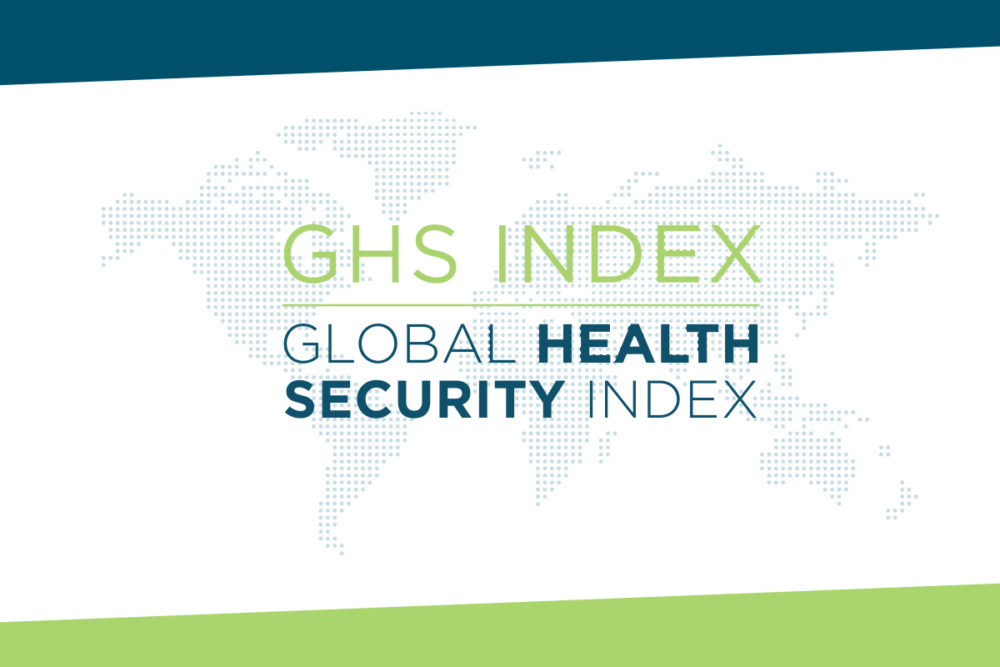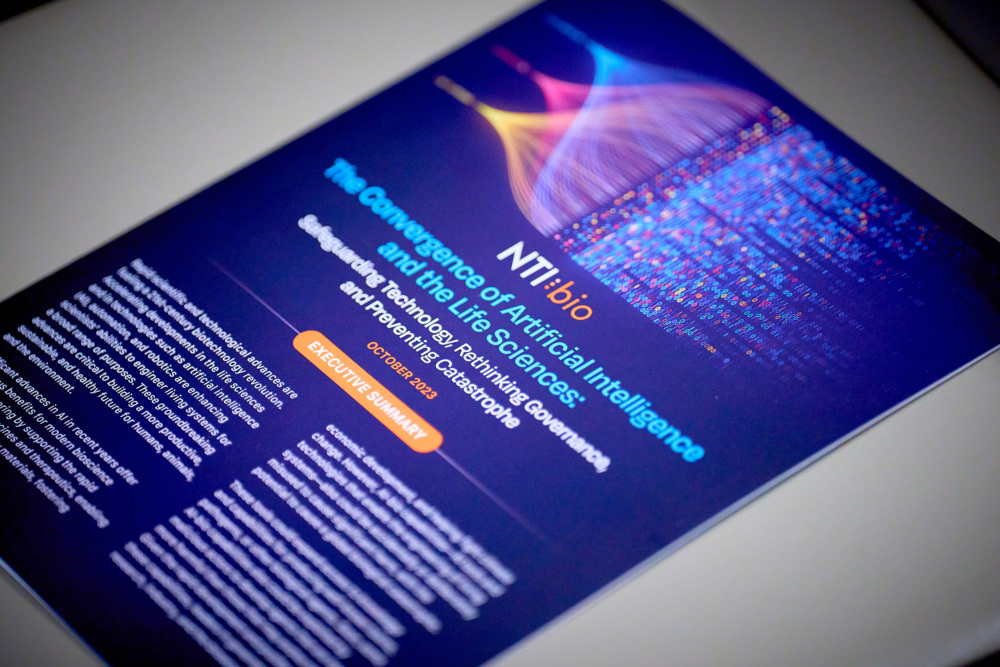
Global Health Security Index

Biological threats—natural, intentional, or accidental—in any country can pose risks to global health, international security, and the worldwide economy. Because infectious diseases know no borders, all countries must prioritize and exercise the capabilities required to prevent, detect, and rapidly respond to public health emergencies. Every country also must be transparent about its capabilities to assure neighbors it can stop an outbreak from becoming an international catastrophe. In turn, global leaders and international organizations bear a collective responsibility for developing and maintaining robust global capability to counter infectious disease threats. This capability includes ensuring that financing is available to fill gaps in epidemic and pandemic preparedness. These steps will save lives and achieve a safer and more secure world.
The Global Health Security (GHS) Index is the first comprehensive assessment and benchmarking of health security and related capabilities across the 195 countries that make up the States Parties to the International Health Regulations. The GHS Index is a project of the Nuclear Threat Initiative (NTI) and the Johns Hopkins Center for Health Security (JHU) and was developed with The Economist Intelligence Unit (EIU). These organizations believe that, over time, the GHS Index will spur measurable changes in national health security and improve international capability to address one of the world’s most omnipresent risks: infectious disease outbreaks that can lead to international epidemics and pandemics.
The GHS Index is intended to be a key resource in the face of increasing risks of high-consequence and globally catastrophic4 biological events and in light of major gaps in international financing for preparedness. These risks are magnified by a rapidly changing and interconnected world; increasing political instability; urbanization; climate change; and rapid technology advances that make it easier, cheaper, and faster to create and engineer pathogens.
Stay Informed
Sign up for our newsletter to get the latest on nuclear and biological threats.

The Global Health Security Index
The first comprehensive assessment of global health security capabilities in 195 countries.

The Convergence of Artificial Intelligence and the Life Sciences
New report from NTI | bio offers recommendations for urgent actions that leaders within government, industry, the scientific community, and civil society should take to safeguard AI-bio capabilities.
Testimony of Jaime M. Yassif at U.S. House Hearing on “Strengthening Biosafety and Biosecurity Standards: Protecting Against Future Pandemics”
Testimony of Jaime M. Yassif at U.S. House Hearing on "Strengthening Biosafety and Biosecurity Standards: Protecting Against Future Pandemics"

